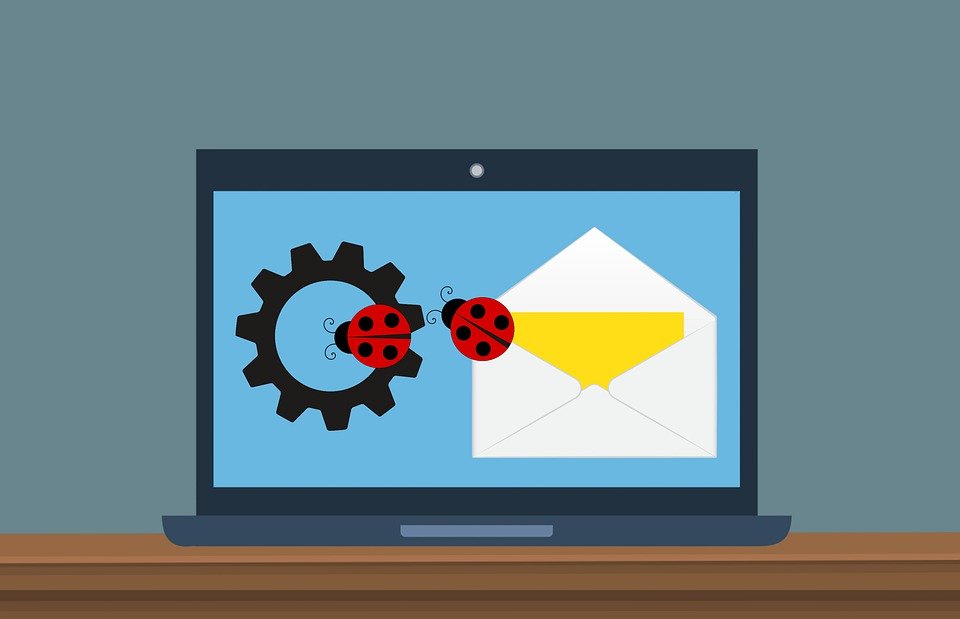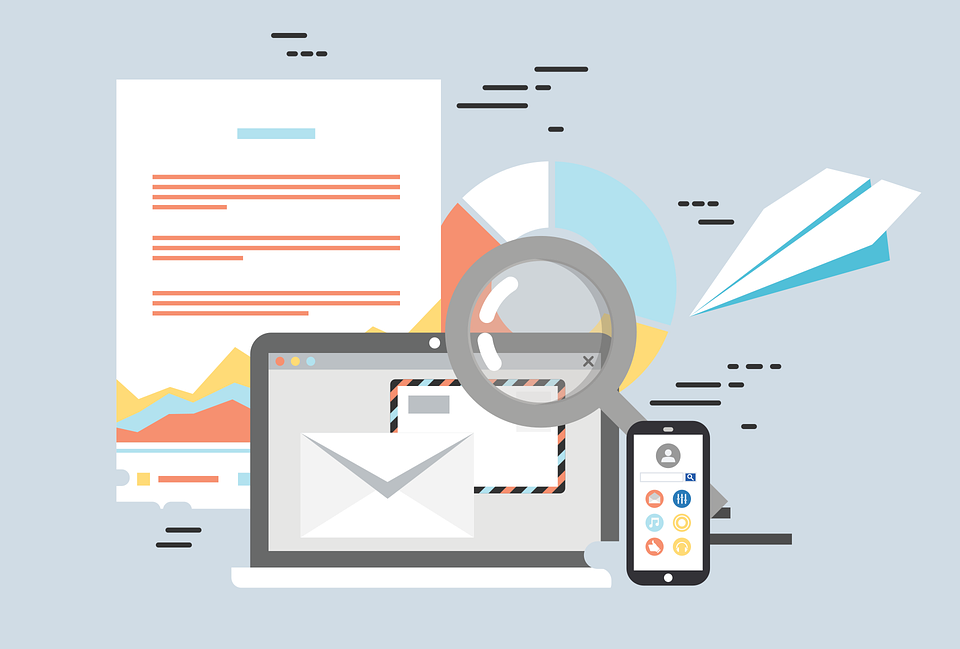Businesses of all sizes are targeted in phishing attacks and are susceptible to hackers. Even some of the country’s largest brands have been hacked leaving customer data available to identity thieves on the dark web. For this reason, it is more important now than ever to protect your business now rather than wish you had after a hack/leak. Phishing in particular not only can lead to the theft of important information but can also hurt the reputation of a company. A sender of the email to collect this vital information could be using a company name that they are completely unrelated to. The tactic that is the most successful is sending the email from what looks to be a reputable company when it is just to steal information. The following are how phishing attacks can impact a business as a whole and tips to stay safe from these frequent attacks.
How Often Are You Sent Phishing Emails?
According to various studies and data sources around 1 percent of emails received are phishing attempts. The more staggering figure is that around one-third of these emails have been created to surpass even some of the best spam filters. This could mean multiple emails are seen weekly so training as will be mentioned below needs to be done with staff. Rules like that of not using company computers for personal shopping or surfing the web need to be instituted. The wrong page can allow an attacker to gain valuable insight to the company like that of accessing accounts or finding out passwords used by the company. Company smartphones should also just be used for work-related browsing as many of these devices are vulnerable to a variety of attacks.
Following Up With A Corporate Email Rather Than Responding Directly To The Email
Phishing attacks come in many forms in today’s world but they are called something different. A company posing at your phone provider saying your account has been hacked calling your phone asking for vital details is a form of attempting to steal information. Following up with a corporate email rather than simply responding to the email can help qualify a certain email as real or fake. Calling the company can also be done as you do not want to provide a social security number in an email and no reputable company will ask you to.
Training Employees To Recognize These Emails
The one thing that employees need to learn is what to do when a phishing email has made it into their inbox instead of being sent directly to their spam folder. Doing trainings on what employees should look for in emails is very important. Looking at the sender as well as where the email will reply to is the easiest way to do this. There is a chance that a client had some information compromised so the email could be very relevant. Responding in a new thread can be the perfect way to see if this is a legitimate email. A client will also be very thankful to know that a phishing attack is taking place with their company name as cover. This will allow them to blast out an email to allow contacts to know there are emails to watch out for that are not sent by the company.
Damage Control When Information Has Been Stolen
The nightmare of many business owners is that of having credit card information stolen whether it is a corporate card or the credit card number of a client. The last thing that needs to be done is to delay telling the client or employees if their information has been stolen. Being proactive in this is the only way to salvage relationships with clients while the person that fell for the phishing attack should be reprimanded. Client retention is going to be very low with a few leaks of information regardless of the quality of product/service being provided. At times the reprimand of the employee can show the company you are serious about protecting them but others will result in a lost client.
Utilizing Tools That Can Help
Being able to have protection even on the best phishing attempts is more than wise. This can help sift out even the best phishing emails or warn you when a website shows signs of being designed to steal information. As a business installing these types of software and tools to detect things like phishing or malware is a necessity. The risk otherwise is too great as important information could be compromised from one attack.
The online world can be extremely dangerous if the proper precautions are not taken by a company regardless if they are a startup or established corporation. Take the time to do an honest assessment of the protection from phishing that your company currently has implemented.




